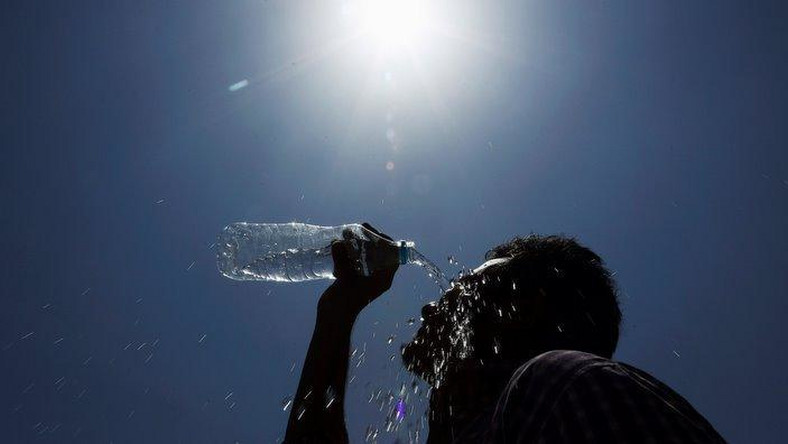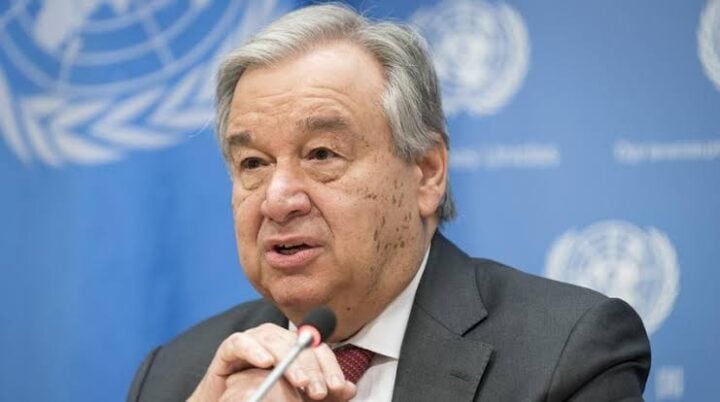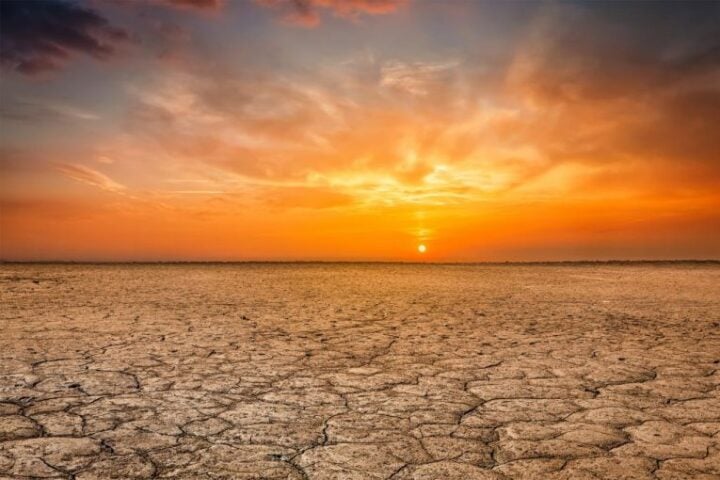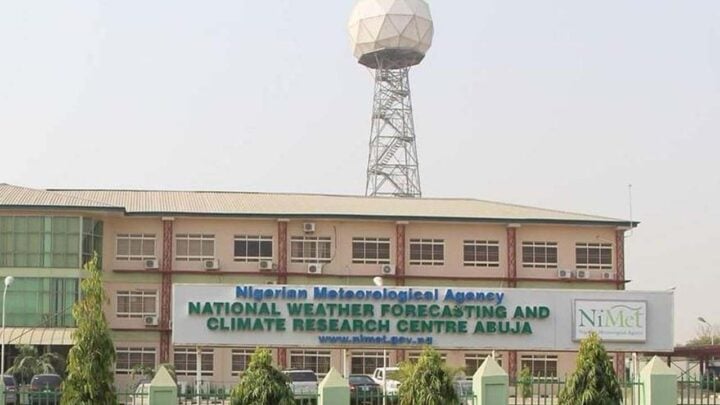A study by the World Weather Attribution (WWA) group of scientists has found that climate change has made heatwave in West Africa 10 times more likely.
In a statement on Thursday, the group said if humans do not rapidly move away from fossil fuels — which has caused global warming to rise to 2°C above pre-industrial levels — West Africa will experience similar heatwaves about once every two years.
In February, West Africa experienced an unusually intense humid heatwave, with the most severe heat occurring from “February 11-15, with temperatures above 40°C” making people to complain of heat-related illnesses and poor sleep due to hot nights.
The scientists found that before humans started burning fossil fuels, similar heatwaves would have happened less than once a century.
Advertisement
But with the change in climate, humid heatwaves now occur about once every 10 years, with an average of 1.2C of global heating over the last four years.
“Climate change, caused by burning fossil fuels like oil, gas and coal, and deforestation, has made heatwaves more frequent, longer and hotter around the world,” the statement reads.
“Climate change made the heatwave as measured by the heat index about 4°C hotter and ten times more likely. Before humans started burning fossil fuels, similar heatwaves used to be rare events, occurring less than once every 100 years. However, in today’s climate, with 1.2°C of warming, similar humid heatwaves occur about once every 10 years.
Advertisement
“If the world does not move away from fossil fuels and rapidly reduce emissions to net zero, West Africa will experience even hotter and more frequent humid heatwaves.
“If global warming reaches 2°C, as is expected to occur in the 2040s or 2050s, unless emissions are rapidly halted, similar events will occur about once every two years and will become a further 1.2-3.4°C hotter.”
The study which mainly covered the region of southern West Africa including Nigeria, Benin, Togo, Ghana, Côte d’Ivoire, Liberia and Sierra Leone where the heat was most extreme, found that “while the average air temperature in West Africa was above 36°C, the heat index for the same period was about 50°C, reflecting how a combination of humidity and high temperatures caused dangerous conditions”.
This hot and humid conditions made it such that during the Africa Cup of Nations football tournament in Côte d’Ivoire, players had to take additional ‘cooling breaks’ in order to rehydrate.
Advertisement
While meteorological organisations in Nigeria and Ghana provided warnings about the heat, many of the other countries included in the analysis have not carried out planning for dangerous heatwave, including introducing early warnings.
Also, none of the countries have developed a heat action plan that is extremely effective at saving lives during periods of dangerous heat.
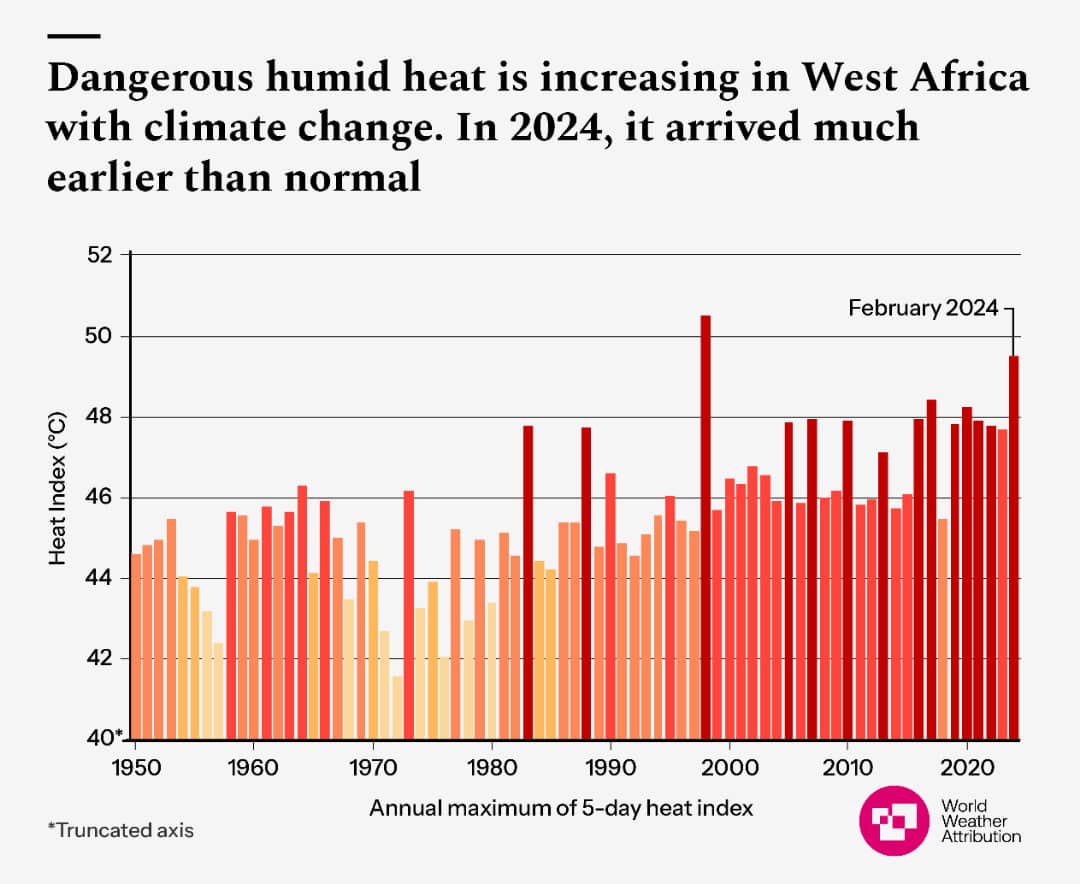
Advertisement
‘THERE IS NEED FOR HEAT ACTION PLANS IN AFRICA’
Izidine Pinto, researcher at the Royal Netherlands Meteorological Institute, said: “The cooling breaks taken during the Africa Cup of Nations in Côte d’Ivoire reflect just how dangerous the humid heat was.”
Advertisement
“However, outside professional football, planning for dangerous heat is limited in West Africa — mandatory cooling breaks do not exist for the millions of outdoor workers in the region.
“With humid heat increasing, there is a growing and more urgent need for heat action plans and heat impact reporting in Africa.”
Advertisement
Wasiu Adeniyi Ibrahim, head, central forecast office, Nigerian Meteorological Agency (NiMet), said there is no doubt that climate change is bringing more dangerously hot days to West Africa, adding that “with every fraction of a degree of global warming, heatwaves like the one we experienced in February in West Africa will become even hotter”.
Despite contributing a meagre fraction of global greenhouse gas emissions, Africa remains the most vulnerable continent to climate change impacts, causing the researchers to suggest that there is need for major investment in Africa to build resilience to dangerous heat.
Advertisement
Maja Vahlberg, risk consultant at the Red Cross Red Crescent Climate Centre, said: “heatwaves are ‘silent killers.’ They can be incredibly deadly for the elderly, people with existing health conditions and outdoor workers.”
She advised that African countries need to improve their reporting on climate impacts as well as prepare for heat as “simple measures like awareness campaigns and warning systems can save thousands of lives during heatwaves”.
Last month was the hottest February on record globally and the ninth month in a row that a hottest month record was broken.
But while the world grapples with these temperature extremes, financial promises made to help developing countries become more resilient to the climate crisis continue to fall drastically short of what is required.
